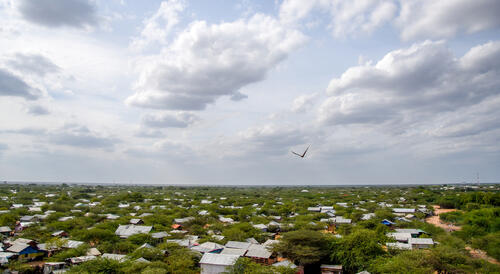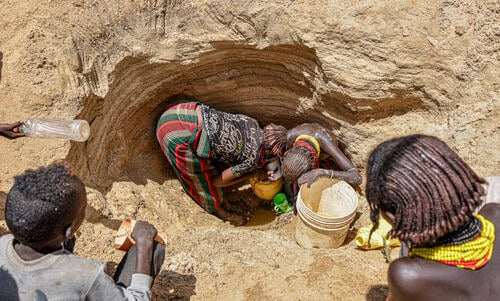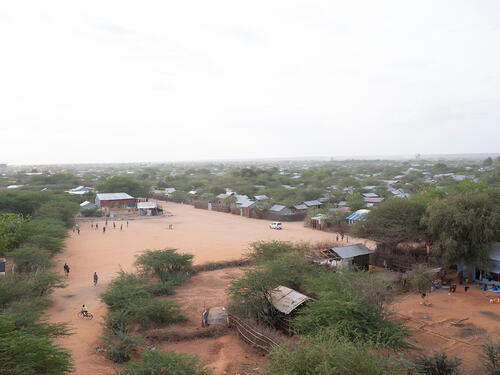With the announcement that refugee camps in Kenya will close next year, the majority of Somali refugees face the prospect of either going back to Somalia or remaining in Kenya illegally, without assistance or legal rights. With no chance of seeking secure work in Kenya, refugees will be forced to turn to the informal market to sustain themselves, exposing them to abuse and exploitation. This would be a huge failure of international refugee protection.
In this 70th anniversary year of the 1951 Refugee Convention, Kenya is at a crossroads: it could abandon refugees to their plight and follow other states in ignoring the provisions of the Convention, thus making it increasingly irrelevant; or it could use the camp closure as an opportunity to allow refugees their social and economic rights, affirming the centrality of the Refugee Convention and setting an example the rest of the world can follow.
In this report, Médecins Sans Frontières (MSF) outlines the potential dangers facing the refugees who will find themselves abandoned after the camps close, and offers sustainable recommendations to ensure these people can live dignified lives, where they can fulfil their aspiration to move freely, to work and to study.






